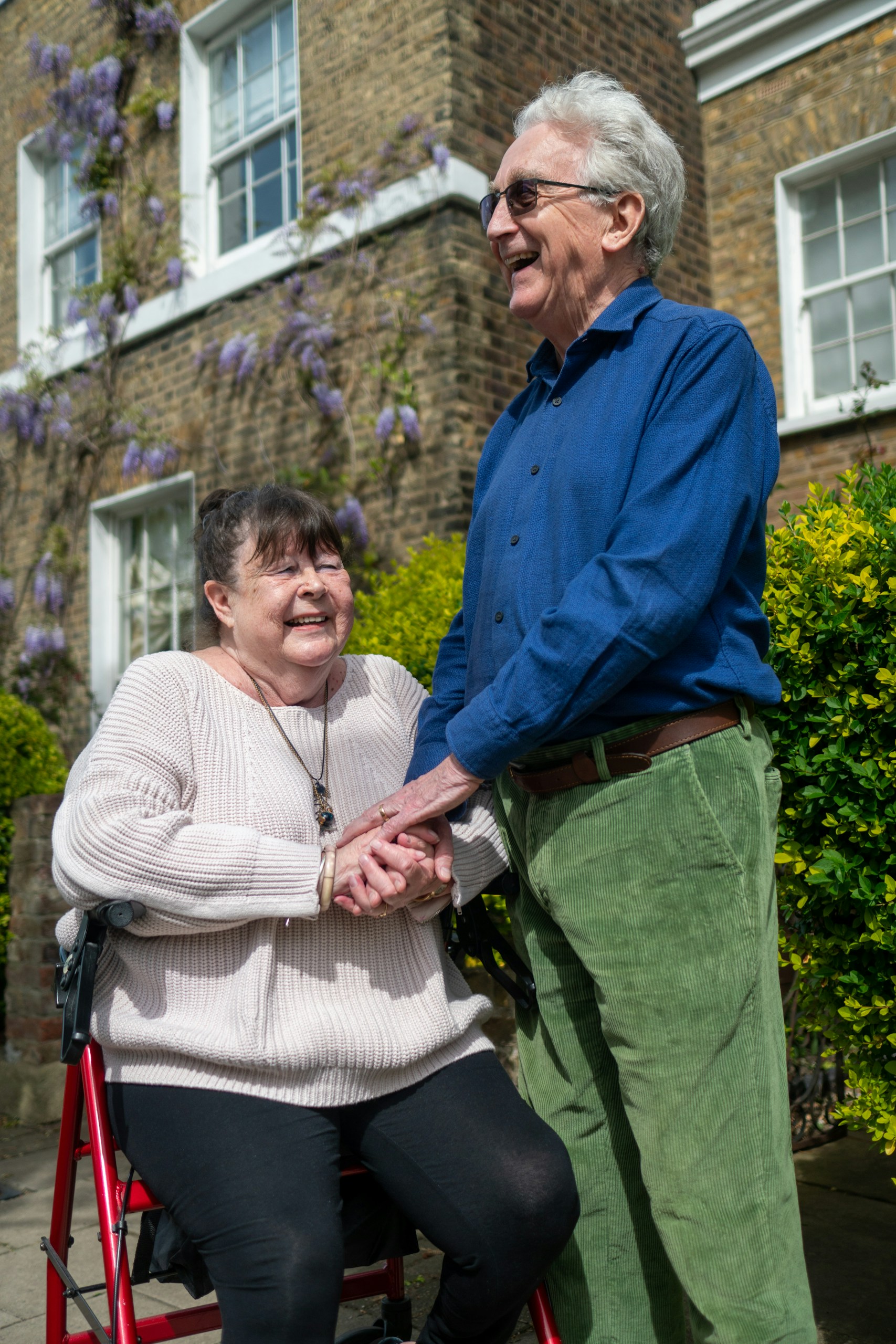Table of Contents
This week’s post comes from the idea and research for my last chapter of the book I have been working on. It is related to helping your loved one get their affairs in order. I hope you enjoy it!
Here we go!
Caregiving is a journey full of stress with very few easy decisions. And each decision shapes the well-being of our loved ones lives.
Today, we discuss a topic that's often overlooked but carries immense significance: advanced healthcare directives.
As the name suggests, these are legally binding decisions made in advance about health care treatment, vital for seniors aging in place. And as caregivers, you play a pivotal role in initiating and facilitating this discussion. It’s not easy, but it is necessary.
The fact that you have read this far likely means that you have an aging or elderly loved one who needs your support or caregiving. With the end being inevitable for us all, it important to make sure our loved ones have their wishes clearly stated. The aim is to enhance your understanding of advanced healthcare directives, preparing you for next week's discussion—practical steps on implementing these directives for your loved ones. And to begin the thought process on setting your own advanced directives in place.
Advanced healthcare directives are legal documents allowing patients to convey their decisions about medical care ahead of time. These documents provide a roadmap for healthcare providers to follow when the patient can't express their preferences due to illness or incapacity.

Understanding these directives becomes crucial for our elderly loved ones, especially those aging in place. With age, the likelihood of experiencing health emergencies increases, making it necessary to plan in advance. These directives offer the perfect platform to ensure that their beliefs, values, and preferences are respected.
Three primary forms of advanced healthcare directives exist: Living Will, Power of Attorney, and Health Care Proxy. Each serves its unique purpose and carries different implications.

To understand the importance of these directives, let's take a look at each type:
These directives carry a legal weight, providing a guide for the healthcare team in the absence of the patient's active input. They also offer clarity and help prevent potential conflicts within the family about medical decisions.
You can get a general one online for any of these or have an attorney build a specific one for you. There are varying costs associated with the specifics of building your own with an attorney. But if you choose a cheaper general online option, you should read it carefully and ask someone to help you understand it if there are parts that you don’t fully understand.

When selecting a healthcare proxy or POA, there's more to consider than just the emotional closeness to the person. This role carries a significant responsibility—it requires a good understanding of the patient's values and beliefs and the ability to make decisions accordingly, even when under pressure.
The chosen person must feel comfortable discussing sensitive topics and be capable of strong advocacy on the patient's behalf. They need to be an effective liaison with healthcare providers, ask critical questions, and make decisions that align with the patient's wishes.
Communication is essential. Engage in an open and honest dialogue with the chosen proxy, ensuring they're willing and capable of accepting the responsibility. Discuss the patient's preferences in various scenarios and reassure them that their role is to enforce the patient's wishes, not to decide what they think is best for the patient.
Conclusion: An Essential Part of Caregiving
Understanding advanced healthcare directives is an important part of effective caregiving. These directives not only provide a blueprint for medical professionals but also serve as a voice for your loved ones when they cannot speak for themselves.
This week, we've taken a big picture look at these directives and the importance of choosing the right healthcare proxy. But understanding these directives is only half the battle—the next step is implementing them.
Next week, we'll jump into the actionable steps you, as a caregiver, can take to help your loved one set up advanced healthcare directives. We'll discuss the process in detail, from initiating the conversation to ensuring that these critical documents are in the right hands.
Stay tuned for this next chapter in our journey through caregiving, helping you ensure that your loved ones' desires and values are upheld, even in the face of the most challenging decisions.
That's all for today.
Take care, keep mom safe at home and have a great day!
Winn